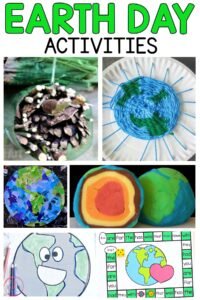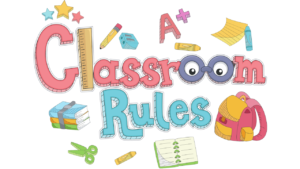Teaching science to kids can be a fun and hands-on experience that sparks curiosity and a love for learning. Here are various ways to introduce science concepts to children:
**1. Simple Experiments:
- Conduct simple and safe experiments using household items. For example, make a volcano using baking soda and vinegar or explore buoyancy with a sink or float experiment.
**2. Nature Exploration:
- Take kids on nature walks to observe plants, insects, and other elements of the environment. Create a nature journal to document their observations.
**3. Animal Study:
- Learn about different animals, their habitats, and behaviors. Visit a zoo or use online resources to explore virtual exhibits.
**4. Weather Observations:
- Teach kids about weather patterns. Keep a weather chart and observe changes in temperature, precipitation, and sky conditions.
**5. Gardening Projects:
- Engage in simple gardening projects to teach kids about plant life cycles, photosynthesis, and the importance of soil and water.
**6. Kitchen Science:
- Explore science concepts in the kitchen. Learn about chemical reactions while baking, explore states of matter, or observe the effects of heat and cold on food items.
**7. Space Exploration:
- Explore the wonders of space. Discuss the solar system, planets, stars, and the moon. Use stargazing apps or visit a planetarium.
**8. STEM Toys and Kits:
- Invest in STEM (Science, Technology, Engineering, and Mathematics) toys and kits that are designed to make learning science concepts enjoyable and hands-on.
**9. Outdoor Science:
- Take science outdoors. Create a backyard science station for experiments involving soil, rocks, or water.
**10. Bug Hunt: – Explore the world of insects through a bug hunt. Use magnifying glasses to observe insects in their natural habitats.
**11. Rock and Mineral Collection: – Start a rock and mineral collection. Learn about different types of rocks, their properties, and how they are formed.
**12. Science Storybooks: – Introduce science concepts through storybooks. There are many children’s books that teach scientific principles in a narrative format.
**13. Bird Watching: – Learn about birds and their behaviors through bird watching. Set up a bird feeder and observe different bird species.
**14. Water Experiments: – Explore water properties through experiments. Teach concepts like absorption, surface tension, and buoyancy using water-related activities.
**15. Science Shows and Documentaries: – Watch age-appropriate science shows or documentaries. Platforms like National Geographic Kids, Discovery Kids, and PBS Kids offer educational content.
Tips:
- Encourage Questions: Foster curiosity by encouraging children to ask questions about the world around them.
- Hands-On Activities: Emphasize hands-on and interactive activities to make science concepts tangible and memorable.
- Safety First: Always prioritize safety. Choose experiments and activities that are safe for the age group and provide proper supervision.
By incorporating these activities into the learning environment, you can make science an exciting and enjoyable subject for kids. The goal is to nurture their curiosity, critical thinking skills, and a lifelong love for learning.




